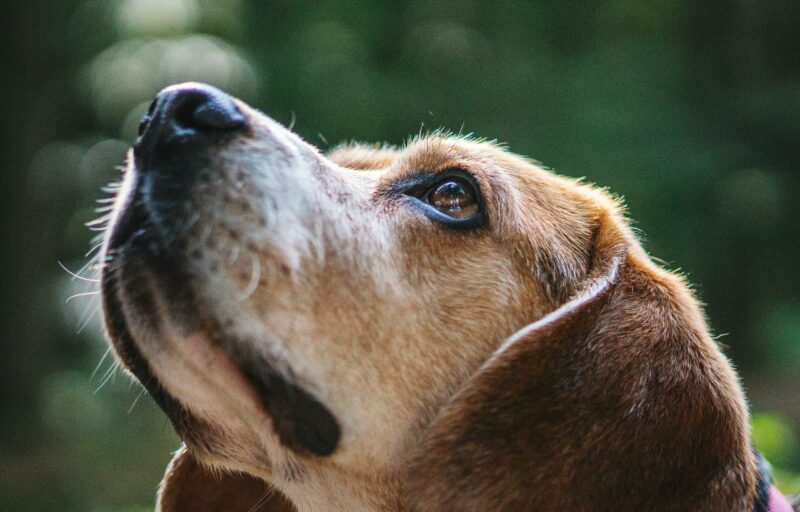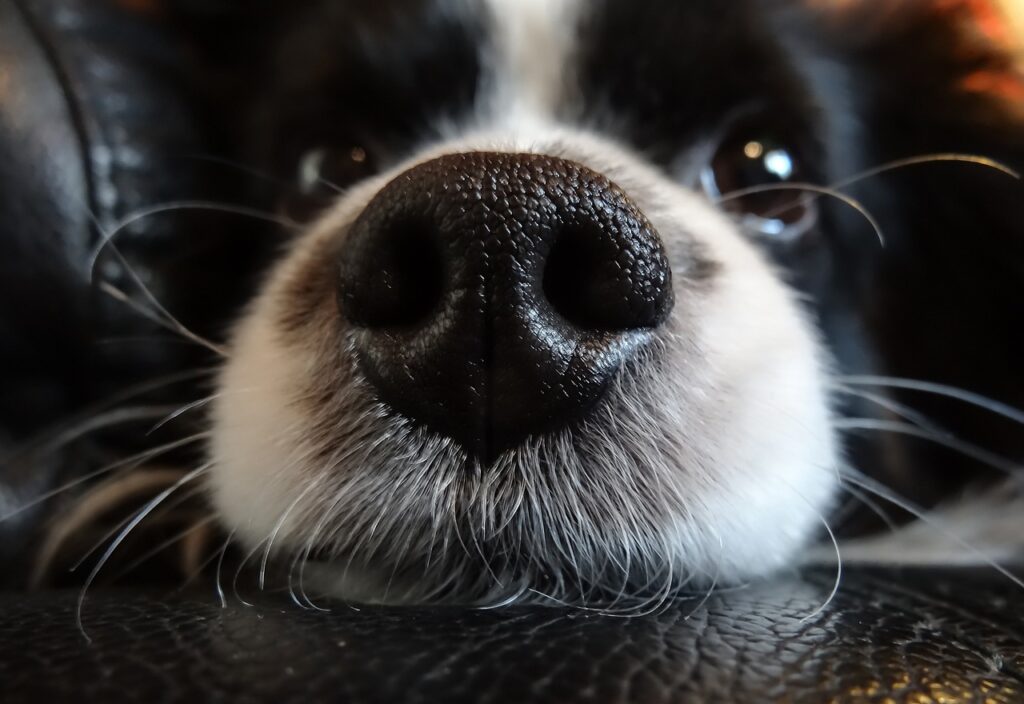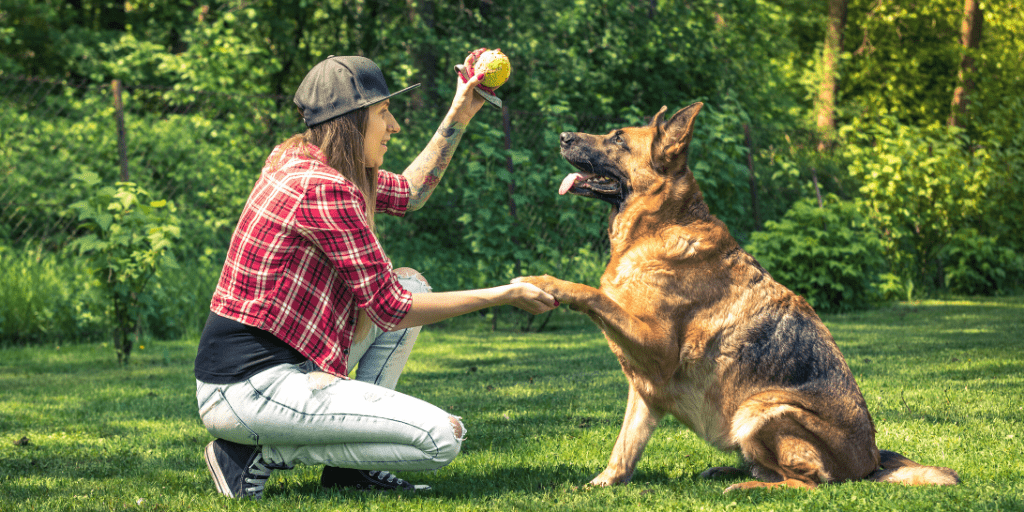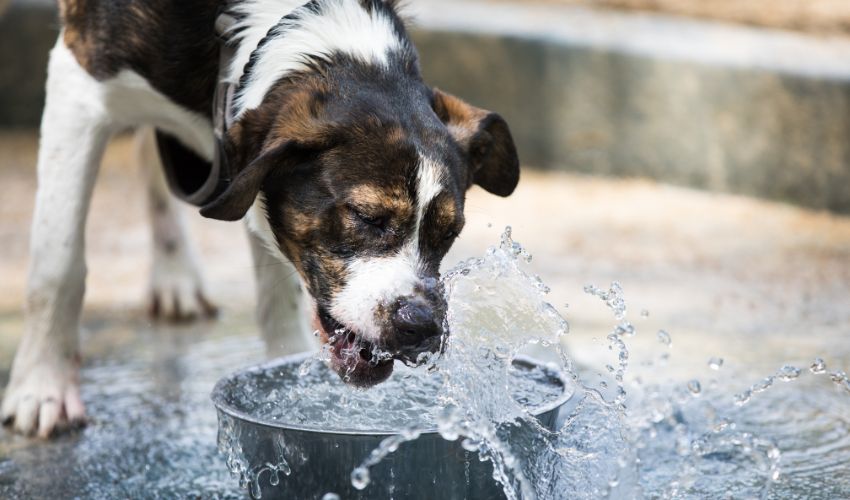A dog’s wet nose is irresistibly captivating from the moment it enters a room. It’s more than just a physical characteristic; it’s a sensory powerhouse that plays a crucial role in how dogs interact with their environment. Whether a dog uses its wet nose to sniff out hidden treasures on a walk or to gently nuzzle someone to show affection, it’s a symbol of their keen sense of smell and curious nature. In this exploration, we’ll delve into the fascinating world of wet noses, uncovering their significance in a dog’s life and the amazing functions they serve beyond simple moisture. So let’s set out on a trip to discover why a wet nose is a crucial component of what makes dogs such amazing companions, rather than merely a cute feature.
Here’s everything you need to know about your dog’s nose, from why it’s usually cold and wet to what to do if it seems dry or warm. Have you ever been bumped by your dog’s wet, cold nose and wondered why it always seemed to be that way? Or have you felt that your dog’s nose was warm and dry and wondered if that meant they were getting sick?
Is Wet Nose Normal For Our Fur Babies?
Merocrine sweat glands, which are found on your dog’s nose and in their paw pads, work similarly to sweat glands in humans. They barely make a trace amount of perspiration. That may explain the occurrence of damp paw prints on hot days. This dispels the old idea that “a healthy dog has a wet nose”—a wet nose could simply be an indication that your dog is perspiring. Regarding this particularly well known myth, the idea that a dog’s moist nose is a trustworthy sign of health is one that is widely held. Although it’s not always the case, a wet nose might be an indication of health. Dogs’ noses might get moist for a variety of causes, such as environmental conditions, excitement, or even mucus production that occurs naturally. On the other hand, a dry nose isn’t always a sign of disease.
Dogs can only perspire in the nose and footpads, thus this cooling method—along with panting—may be crucial to them, particularly in warm weather. Furthermore, just like people licking their lips, dogs also have a tendency to lick their noses a lot, which helps to keep them wet. A dog’s nasal cavity may benefit from this moisture’s ability to humidify the air, preventing dryness of the respiratory tract and possibly even averting respiratory illnesses. There is conjecture that dogs’ sense of smell is enhanced by the dampness, as it aids in scent retention.
Should we be alarmed when a dog’s nose is dry?
While a dry nose isn’t always uncommon, a moist nose is. Many people believe that a sick puppy has a warm, dry nose, whereas a healthy dog has a cold, wet one. That isn’t always accurate. The actual temperature and moisture content of the nose are not reliable markers of general health. Simply said, some healthy dogs’ noses are naturally dryer than others’. Dogs that are ill may also have cool, moist noses. A healthy dog may experience a warm, dry nose during a nap or from vigorous exercise that causes dehydration. As they get older or are exposed to the weather (strong wind or sun), some dogs get chapped and dry noses. Not all dry noses indicate danger. If your dog is behaving normally while having a hot and dry nose, there’s no need to worry as the nose is not a reliable indicator of body temperature. You should speak with your dog’s veterinarian if additional symptoms of an illness, like listlessness or appetite loss, are present along with a dry nose.
What could it mean when your dog’s nose is not just wet but dripping?
Imagine this, your pet is running to greet you, nose dripping with moisture, maybe even leaving a small trail of drops behind them. Not only is it cute to see a dog’s nose wet, but it also raises interesting issues concerning its meaning. What does it signify when a dog has a wet or even leaking nose all the time? A dripping nose can be a discordant note in the canine health symphony, causing worry and raising questions about possible underlying problems. Although a wet nose in a dog is frequently hailed as an indication of health, excessive dripping can indicate more than just hyperactive mucous glands.
Here are some potential causes why your dog has a runny nose.
Allergies – Dogs with seasonal allergies frequently get runny noses. Your dog can have seasonal allergies if they occasionally have a runny nose. A puppy may be allergic to a wide range of things:
- Pollens
- Dander
- Dust mites
- Mold
- Spores
- Foods
- Prescription drugs
- Chemicals
Environmental Irritants – Certain items can irritate your dog’s nose, triggering nasal discharge:
- Candles
- Incense
- Dust
- Perfumes
- Cigarette smoke
- Cleaning products


Sweat – The most frequent and least dangerous cause of a runny nose in a dog is sweat. It happens because dogs’ skin cannot regulate body temperature the way humans can. They perspire through their noses and paw pads as a form of compensation. This is the kind of runny nose that clears up on its own.
Foreign Bodies – Something caught or jammed in your dog’s nose that shouldn’t be there could be the source of their runny nose.
Infection – could be viral, bacterial or fungal
In conclusion, even if there may be a certain allure to a dog’s wet nose, it’s critical to realize that moisture has a function that goes beyond appearance. Understanding the causes of a dog’s wet or dry nose is more than just interesting reading; it’s critical to maintaining the health and welfare of your pet. Knowing the several elements that affect nose moisture, such as external circumstances and underlying medical concerns, helps us take better care of our dog friends and react quickly to any symptoms of pain or disease.
















